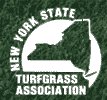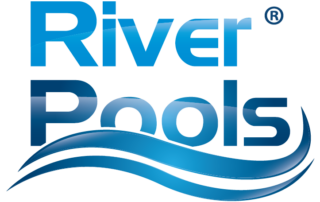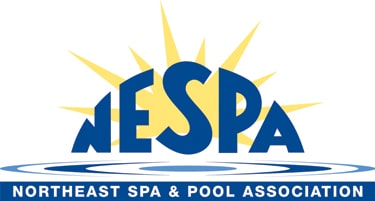Your pond is a peaceful haven, a place where lily pads float languidly and the sun glints off darting koi. Until it gets all gunked up, clouded by algae and murky from clogging debris. Yuck.
Just like your refrigerator, your oven and your garage, your pond needs an occasional cleaning.
Let’s take a look at what your pond needs, why cleaning is important, and what the professionals do when they tackle the job.
Ponds Get Dirty — Here’s Why
Your pond isn’t under a glass dome, so lots of things fall into it. Leaves, twigs, grass clippings.
This organic matter starts to decompose when it enters a pond, releasing nitrates and other materials that diminish the water quality.
The decomposition process lowers the amount of dissolved oxygen in the water, which threatens the health of any fish living there. Over time, your clear, inviting pond starts to look more like a muddy pool of tea.
What Does The Pond Cleaning Process Entail?
Professional pond cleaners have a method to their madness to ensure your pond returns back to its glory days of clear water and happy fish. In eight (not-so-easy) steps, here’s a snapshot of how to clean a pond:
- Pump the murky water from your pond, first removing any fish, if you have them, and relocating them to a temporary holding tank.
- Remove all the debris, from decaying leaves and twigs to dead frogs to plants that are growing where they shouldn’t be.
- Power washing and rinse is next.
- Trim back and fertilize aquatic plants.
- Check and replace underwater light bulbs or fixtures.
- Readjust rocks and gravel.
- Remove debris from the skimmer, clean filters and the skimmer box.
- When everything is tidy, replace the water. (Chlorinated city water will kill fish, so adding a dechlorinator before reintroducing fish to the pond is necessary.)
The Best Time To Clean A Pond
When should I clean my pond? — that’s a question we hear regularly from homeowners. Opinions differ on how often a pond needs cleaning.
Your eye is a good judge of whether the water is clear or dirty, but it’s a good idea to at least consider it once a year. Spring and fall are both great times for pond cleaning.
Fall Pond Cleanup
Cleaning in the fall removes the muck at the bottom that can create a breeding ground for harmful bacteria. This muck can also decompose, releasing ammonia and other chemicals that can be trapped under the winter ice. This buildup can kill your fish over the winter.
Spring Pond Cleanup
Cleaning the pond in the spring can reduce diseases and parasites that evolve as the pond warms up for the summer. Cleaning in the spring will also deter algae growth.
Is It Necessary To Hire A Professional Pond Cleaner?
You could tackle the cleaning chore yourself. But it’s a wet, muddy, smelly job. The algae and slime that build up on your pond’s boulders and liner is slippery and can send you toppling into the muck.
And you’ll need to amass some equipment:
- power washer
- pump and hose to remove the pond water
- waders, rubber gloves, and safety goggles
- nets and buckets
- a dechlorinator (You get the idea.)
Professionals show up armed with the best tools for the job and the experience and skills to complete the cleanup quickly and efficiently.
They know to leave a bit of algae behind, as it’s good for your pond’s ecosystem. They’re also trained to spot any underlying problems that could become big issues later on if ignored.
Leave Your Pond Cleanup To Neave
Neave Aquatics offers the best water feature maintenance services in the area. We’d love to hear from you. If you’re in the Hudson Valley, call us at (845) 463-0592. If you’re in Westchester County, call (914) 271-7996; from Connecticut, dial (203) 212-4800. Or, fill out our simple web form, and we’ll contact you about setting up your free consultation.
Our maintenance teams are trained beyond the industry standard to keep your water features in perfect condition while also proactively inspecting and tracking concerns so you don’t have any surprises.
Neave Aquatics offers cleaning and debris removal; water cleansing and balancing; inspection of all piping and electrical systems; winterization; aquatic life health inspections; repairs, replacements, and enhancements.
Images: Murky koi pond water























